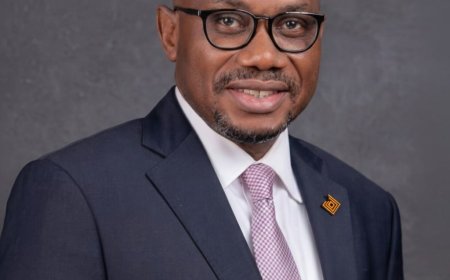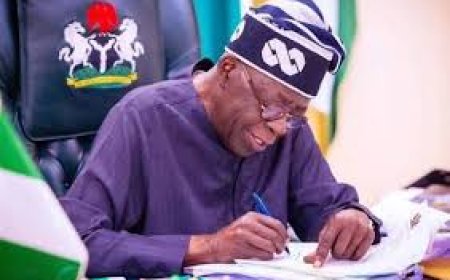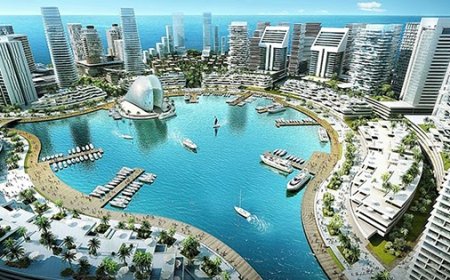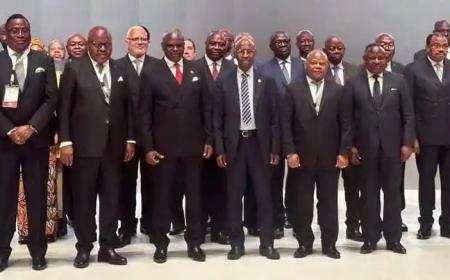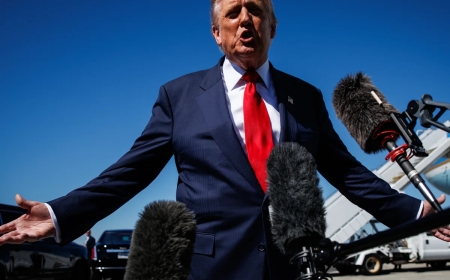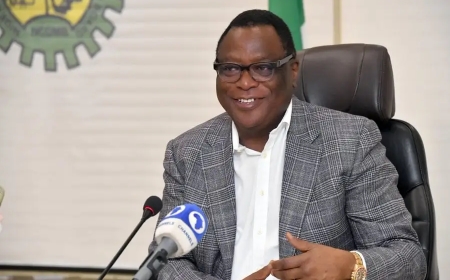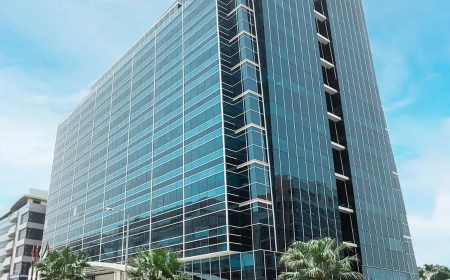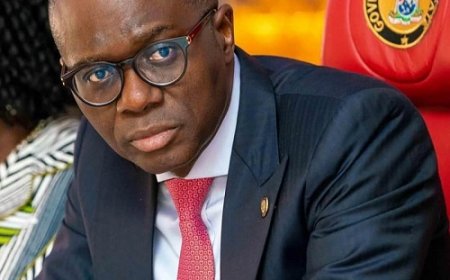Nigeria’s Power Initiative Fuels Africa’s Industrial Growth
Nigeria’s Presidential Power Initiative aims to add 4,000 MW of capacity, boost jobs, and position Africa as a leader in sustainable industrial growth.
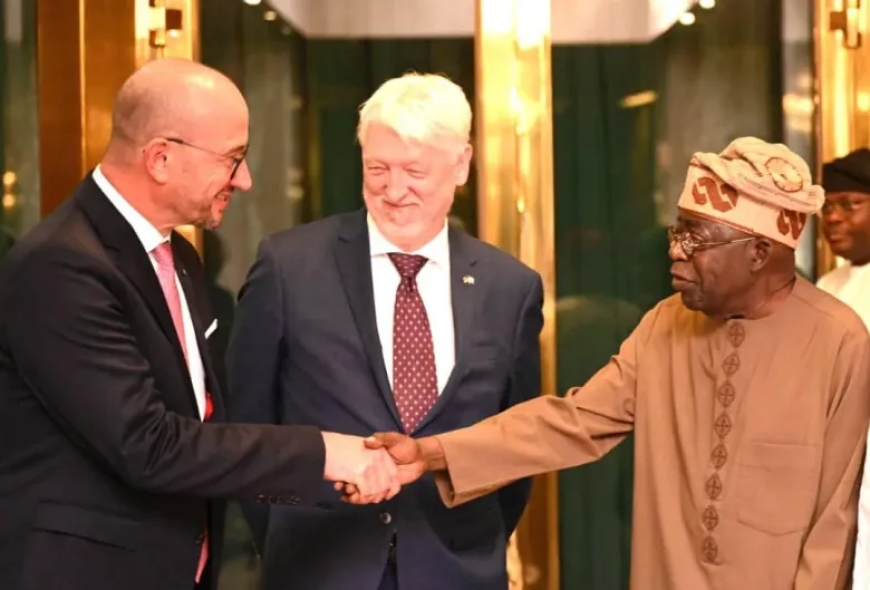
- megawatts of power under the Presidential Power Initiative.
- President Bola Tinubu says the project will anchor Africa’s industrial growth and create thousands of jobs.
- The deal has already attracted over US$2 billion in new investments and improved grid capacity nationwide.
- Analysts view Nigeria’s power reform as a potential blueprint for Africa’s regional energy transformation.
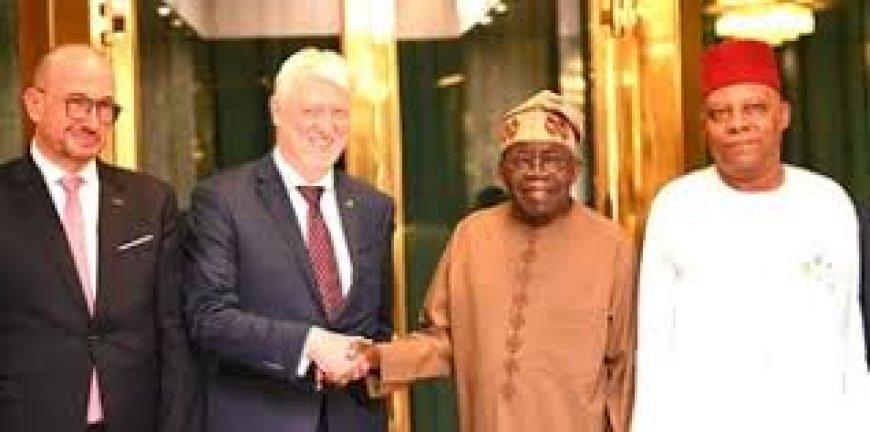
Nigeria is advancing megawatt-scale power projects under the Presidential Power Initiative (PPI), a program that President Bola Ahmed Tinubu says will anchor the continent’s industrial rise and generate thousands of new jobs.
The initiative has already attracted over US$2 billion in fresh investments, strengthening grid reliability and expanding transmission capacity nationwide. Energy analysts view Nigeria’s ongoing reform as a possible continental model for regional energy transformation.
President Tinubu emphasized that electricity remains central to unlocking the broader economic potential of Africa’s largest economy.
“There can be no industrial expansion or sustainable development without reliable power supply. I consider electricity to be humanity’s most transformative discovery in the past millennium,” he remarked.
“Education, health, transport—all depend on energy. Without it, progress is impossible,” he added.
During a high-level strategy session at the State House attended by Vice President Kashim Shettima, Finance Minister Wale Edun, Power Minister Adebayo Adelabu, and Special Adviser on Energy Olu Verheijen, the president reaffirmed his commitment to fast-tracking the PPI’s rollout. The program targets an additional 4,000 megawatts (MW)of generation and transmission capacity, a step toward positioning Nigeria as Africa’s energy hub.
President Tinubu directed that transformer substation projects be expanded from two to three phases to enhance power delivery and improve social welfare.
“We are inspired and optimistic. This is the progress we seek for Africa—an era defined by economic recovery and the elimination of poverty,” he told the visiting Siemens Energy delegation.
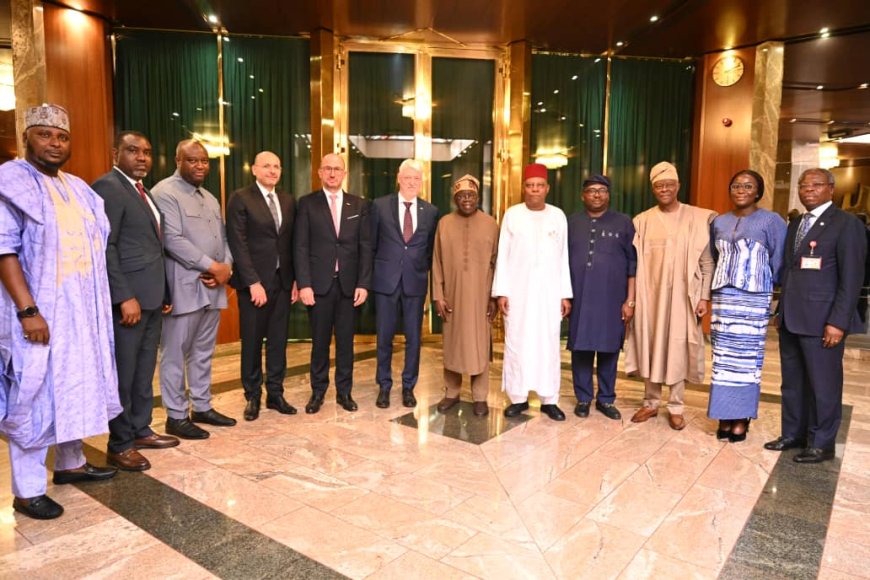
Power Minister Adebayo Adelabu highlighted the ongoing sector transformation, citing the Electricity Act 2023 and the National Integrated Electricity Policy as key reforms that have spurred new investments exceeding US$2 billion.
He outlined significant progress under the pilot phase (Phase Zero) of the PPI, during which Siemens delivered ten mobile substations (132/33 kV), three 75/100 MVA transformers, and seven 60/66 MVA transformers, collectively adding 984 MW of transmission capacity to the national grid.
By December 2024, the Federal Executive Council had approved contracts for five major substations in Abeokuta, Offa, Ayede-Ibadan, Sokoto, and Onitsha. Civil works are underway, with two sites expected to reach completion by the end of 2026. The next phase—Phase One, Batch Two—includes six Brownfield and ten Greenfield projects projected to add over 4,100 MW in total.
Dietmar Siersdorfer, Siemens’ Managing Director for the Middle East and Africa, described the PPI as “a foundation for lasting prosperity rather than a mere infrastructure project.” He confirmed plans to establish a technical training center for Nigerian engineers, which will create thousands of jobs in local communities through ancillary services and logistics support.
ADVERTISEMENT:
Finance Minister Wale Edun noted that the initiative will boost Nigeria’s ease-of-doing-business ranking, create youth employment opportunities, and contribute significantly to poverty reduction across the nation and the subregion.
From a broader African perspective, Nigeria’s partnership with Siemens represents more than just a national power project—it signals a continental shift toward major infrastructure collaborations that merge foreign technology with local expertise.
If the plan delivers as expected, Nigeria could soon emerge as West Africa’s electricity hub, exporting power to neighboring countries currently facing chronic shortages.
As African economies race to close the infrastructure gap, Nigeria’s experience under the Presidential Power Initiative may well become a benchmark for regional growth and energy sovereignty. The challenge lies in consistent implementation, yet the vision is unmistakable—power remains the pulse of Africa’s next wave of economic revival.
ADVERTISEMENT
Kindly share this story:
Contact: report@probitasreport.com
Stay informed and ahead of the curve! Follow The ProbitasReport Online News Report on WhatsApp for real-time updates, breaking news, and exclusive content especially when it comes to integrity in business and financial fraud reporting. Don't miss any headline – and follow ProbitasReport on social media platforms @probitasreport
[©2025 ProbitasReport - All Rights Reserved. Reproduction or redistribution requires explicit permission.]
What's Your Reaction?







